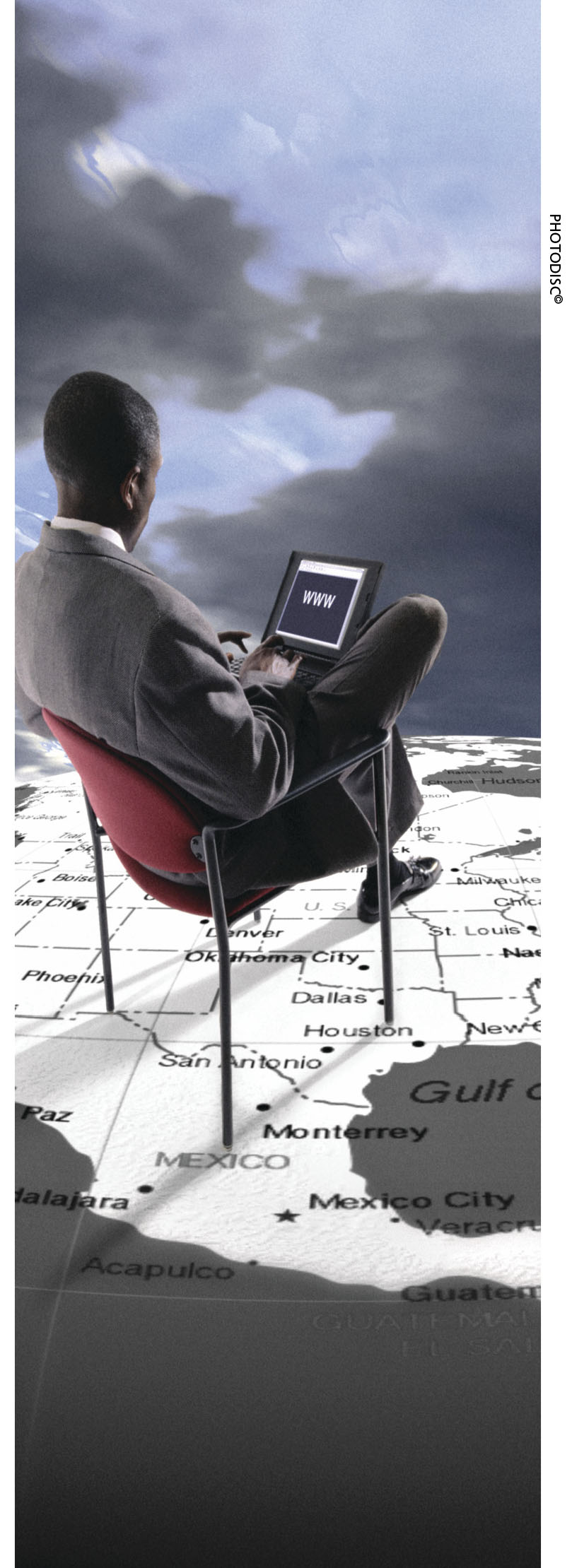NEW FRONTIERS

CRYPTO CRASH Former CEO of Singapore based Terraform Labs Do Kwon pleaded guilty to fraud charges in a New York court recently. He accepted responsibility for orchestrating a multi billion dollar cryptocurrency scheme that devastated global markets in 2022.
Kwon operated the TerraUSD (UST) algorithmic ‘stablecoin’ and Luna cryptocurrency, which collapsed spectacularly and triggered widespread crypto market turmoil that cost investors over US$ 40 billion.
Prosecutors stateside accused him of misrepresenting how UST maintained its one dollar value, and claimed that an automated algorithm controlled stability while he secretly arranged manual interventions through trading firms.
Kwon’s legal troubles began with a 2023 South Korean arrest warrant, which led to his flight and eventual capture in Montenegro before extradition to the US. Originally facing nine charges including securities fraud and money laundering that could have resulted in 135 years imprisonment, his plea agreement limits prosecutors’ sentencing recommendation to 12 years – although the judge retains discretion to impose up to 25 years.
As part of his plea deal, Kwon has to forfeit 19.3 million dollars plus interest, surrender properties and pay restitution to his victims. Sentencing is scheduled for 11 December.
CAR TROUBLE The UK’s motor industry is facing its deepest crisis in decades with production plummeting to levels not seen since 1953. Only 417,000 vehicles were manufactured in the first half of this year, marking a dramatic decline from 1.8 million in 2016.
Factory closures symbolise the industry’s struggles. Vauxhall’s Luton plant, which operated for 120 years since 1905, shut down permanently in March. It joined Honda’s Swindon facility and Ford’s Bridgend engine plant closures. These shutdowns have eliminated thousands of jobs and devastated local economies.
Multiple factors have contributed to this decline. Brexit created uncertainty and deterred investment even as the industry needed capital for electric vehicle (EV) transition. The COVID-19 pandemic disrupted global supply chains while high labour and energy costs made British manufacturing uncompetitive compared to Central European alternatives.
However, there’s still hope as Nissan plans new EV models in Sunderland while giga factory investments from AESC and Tata’s Agratas could revitalise battery production. The government aims for annual vehicle production 1.3 million by 2035 although experts consider this to be ambitious.
Potential solutions include embracing Chinese investment, focussing on luxury vehicles or supplier diversification. Yet, concerns persist about losing engineering expertise through brain drain as opportunities diminish.
CARIB CRUISE Five Caribbean nations – Antigua and Barbuda, Dominica, Grenada, Saint Lucia, and Saint Kitts and Nevis – offer citizenship through investment programmes starting at US$ 200,000. The programme provides passports with visa free access to up to 150 countries.
Political instability in the US is driving unprecedented demand with American citizens who comprise the majority of applicants. Applications have increased 12 percent since late 2024, according to investment migration experts.
These programmes attract wealthy individuals seeking tax advantages as the islands do not impose capital gains, inheritance or income taxes while allowing dual citizenship. Beyond Americans, applicants commonly originate from Ukraine, Türkiye, Nigeria and China.
However, controversy surrounds these schemes. The EU has threatened to withdraw visa free access over security concerns while critics argue that citizenship shouldn’t be commodified. Caribbean leaders defend their programmes as economically vital, generating between 10 and 30 percent of national GDP, and funding essential infrastructure.
Despite international pressure, these nations view citizenship sales as crucial lifelines for small economies that depend on tourism by helping fund everything from disaster recovery to pension schemes.
CHINESE CHEQUES Unemployed young adults in China are reportedly paying companies to pretend they have office jobs to highlight the country’s challenging economic climate where youth unemployment exceeds 14 percent.
These ‘pretend to work’ businesses have emerged across major Chinese cities including Shanghai, Shenzhen and Dongguan.
For between US$ 4.20 and seven dollars a day, participants can access mock offices complete with computers, internet, meeting rooms and refreshments. Some use the time to job hunt or develop startup ideas while others simply maintain an appearance of employment.
Shui Zhou has attended the Pretend To Work Company in Dongguan for over three months after his food business failed. He sends office photos to reassure his parents, and values the structured environment and camaraderie with colleagues.
University graduate Xiaowen Tang uses such services to satisfy her institution’s employment proof requirements but spends her time writing online novels for income.
Business owner Feiyu views his venture as a social experiment and hopes to transform fake workplaces into genuine starting points for careers. He emphasises selling dignity rather than mere workspaces although there are questions about the model’s long-term viability.





